The (Well) Informed Piano
By Miguel G. Henriques
The (Well) Informed Piano begins with a collection of thoughts and ideas of subjective or philosophical content. In addition to these collections, The Well Informed Piano also addresses, technical, artistic and musical ideas and thoughts. “The purpose of this work is to share a personal professional experience insight in the field of piano performance philosophy, artistry, ethics, methodology, and technique. This text tries to assume a certain continuity to the major contributions of artists like Ludwig Deppe, Tobias Matthay, Grigory Kogan, Heinrich Neuhaus and George Kochevitsky published works.”
Published last March, Miguel states in the preface of The (Well) Informed Piano, “It is absolutely crucial to approach these readings with an open mind.” Beginning in the Chapter with Operative Thoughts, Miguel shares, “A music that does not reflect the human contradictions can hardly leave a lasting philosophical impression.”… “Certainly, the deepest reason that supported the implementation of this book was the possibility for sharing one’s personal experience. Perhaps it might contribute to motivate the reader in his own learning of the “whole.”
On approaching a musical piece, Miguel mentions that sometimes there is a confusion that can arise between discussion of taste and assessment of stylistic or aesthetic characteristics of a work or interpretative project. He goes on to say that we should always respect other ideas about a given work, considering them as potentially valid, even if they are different from ours. In this chapter he dives into the different decades, the tastes and styles of those times, the musical languages and characters to be understood. “The starting point for learning a musical piece should be simultaneously the ultimate goal: the expression of the “character” that translates its most inner aesthetic meaning. Here, the term “character” is used subjectively and comprehensively: it can refer to any psychological, emotional or philosophical experience.”
In Chapter 4, The Performance Project is introduced. I particularly enjoyed a personal story shared in regards to an “annoying fly” that he was eager to kill but something his son had said the day before had potentially saved the fly’s life and in turn became not only tolerable but memorable and would continue to be in relation to the piece he was working on at that time.
In regards to formalism and judgment of music, Miguel says, “Music is at one time an art and a living science: it does not comply with intellectual arrogance and dogma. It is a profession that requires great intelligence and creativity and, therefore, great openness, flexibility, curiosity and humbleness. In the artistic world, one who pretends to know everything, or even a part, puts himself at serious risk of being reduced to a simple mime. Before the imposition of a text, it is necessary to learn the context. Silence will only be worth to be ripped off if one managed to previously enjoy it. In artistic professional coexistence, it must be defended above all, the ethics in working relationships between colleagues, and the respect for everyone’s freedom of expression.”
Miguel makes an address to the general public, musicians and teachers. In the address he states, “One of the things that strike me as disturbing in the tradition of intellectual and pedagogic work is the difficulty of sharing information. The explanation, which considers that musicians do not have the slightest interest in verbal language, preferring exclusively the virtues of musical language, is, of course, absurd. For as most extraordinary and powerful as the music may be, its study cannot fail to be complemented with its verbal communicating substance. When the more theoretical or more subjective information about music is not accessible or shared, the present and especially the future generations are severely handicapped.”
The chapter on Pianistic Technical Learning is filled with topics on the mind, body, piano practice, daily routine, exercises, rapid passages, rhythm, sound quality, components and more.
The last chapter concludes with piano performance pedagogy. Miguel gives great advice for teachers, “When starting his own career, a teacher must discover his own style, knowing beforehand that each pupil is always a distinct and unique case. Any method will have to be always adjusted to every student.”
The (Well) Informed Piano leaves the reader to really ponder on his or her own thoughts and ideas on the vast variety of subjects it addresses. After reading The (Well) Informed Piano, you will leave with more of an open mind and eagerness to explore more. In short, you will be well informed.
You can purchase as well as view the table of contents and page samples of The (Well) Informed Piano on Amazon.
About the author
As a music scholar, Miguel Henriques has been publishing and presenting articles and essays in different publications, conferences and symposiums. He enjoys a successful career both as a concert pianist and conductor with several CD recordings. His studies include a post-graduation at the Tchaikovsky Conservatory in Moscow and a Master’s degree in Piano Performance at the University of Kansas. He was a pupil of Ernestina Silva Monteiro, Gleb Akselrod and Sequeira Costa. Miguel Henriques is involved in different music projects as artistic and cultural producer and promoter. Miguel Henriques holds the position of Piano Professor at the Escola Superior de Música de Lisboa since 1990.
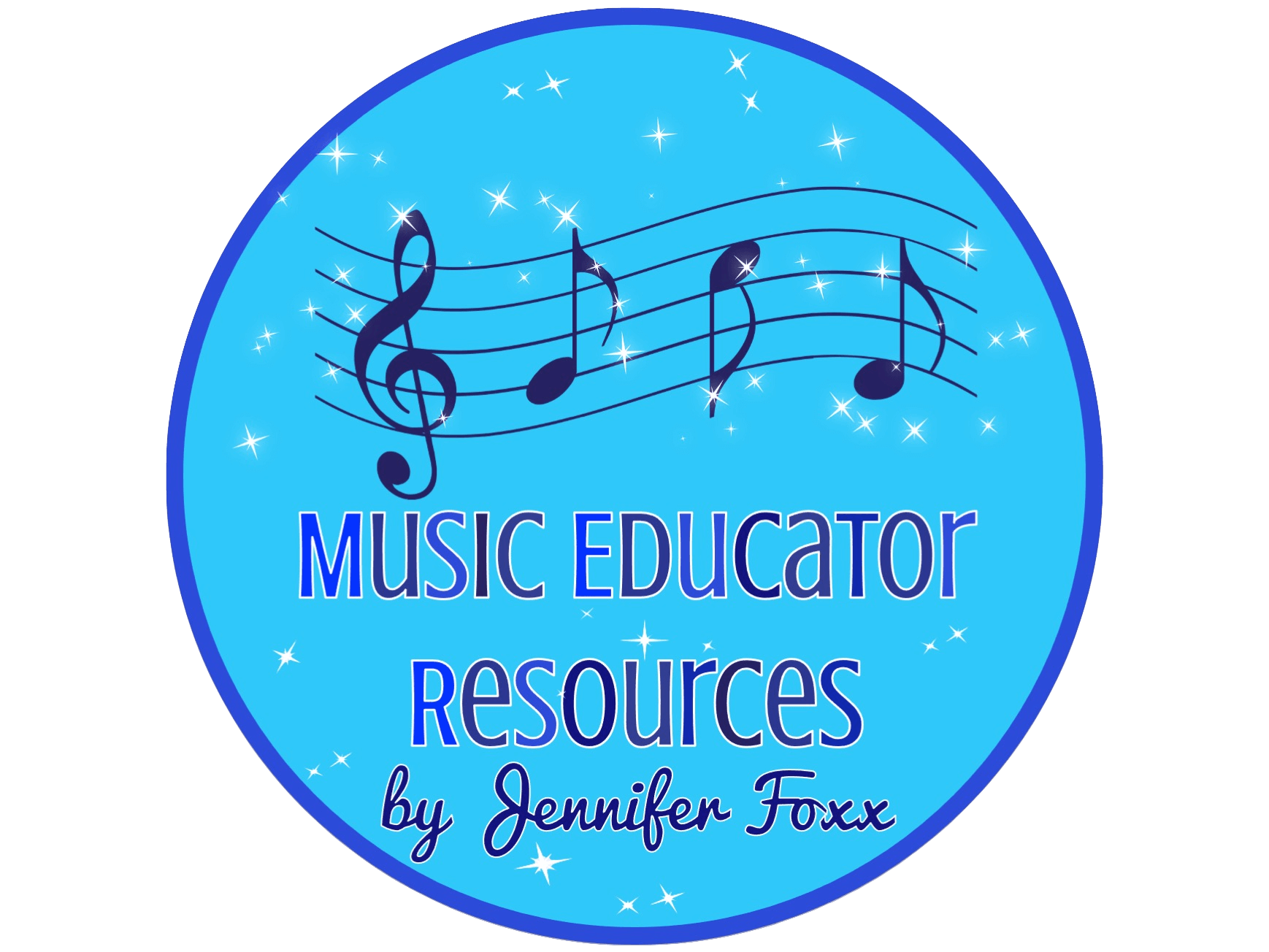
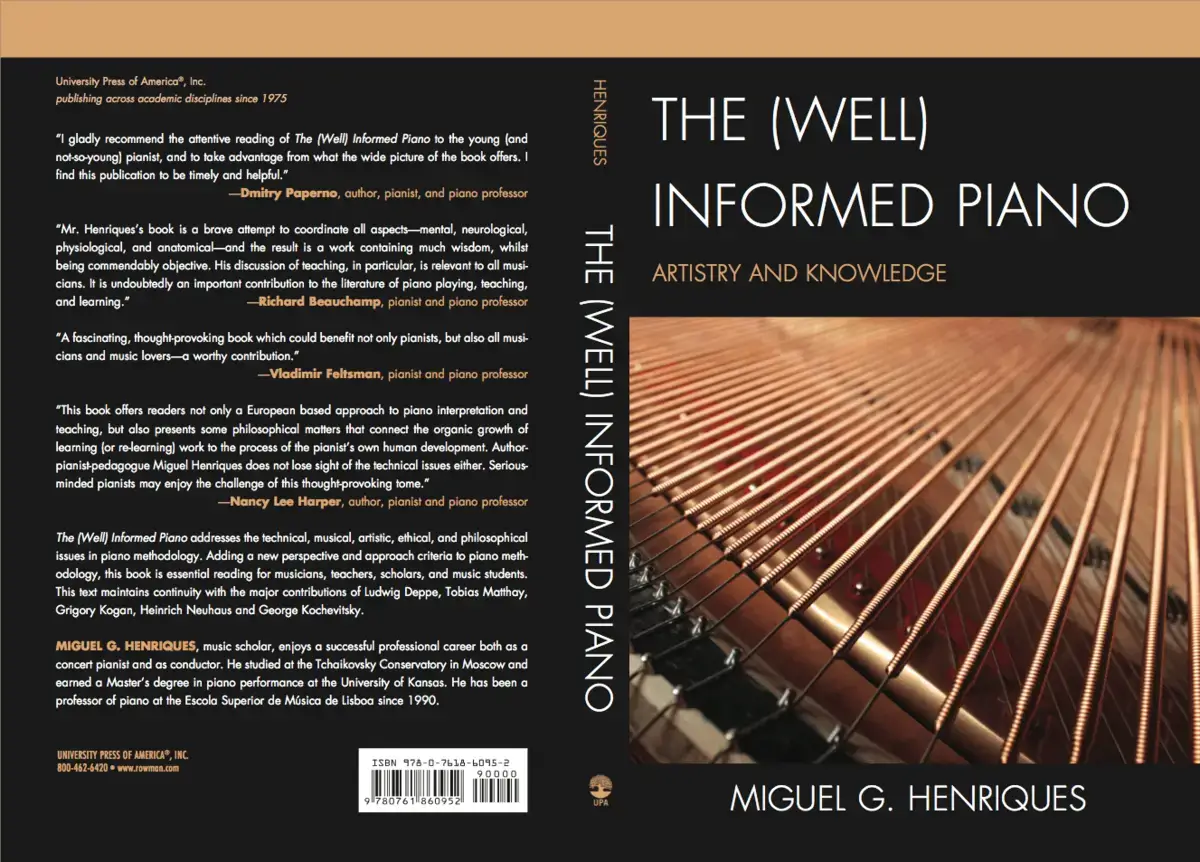
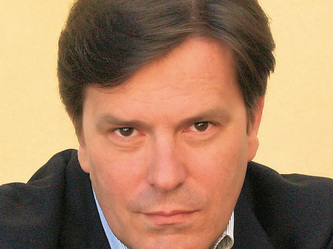
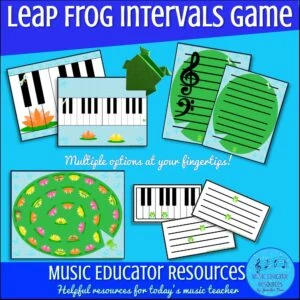
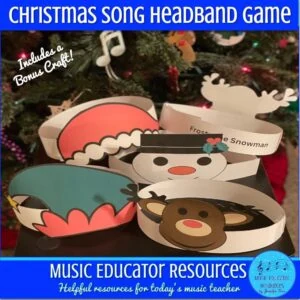
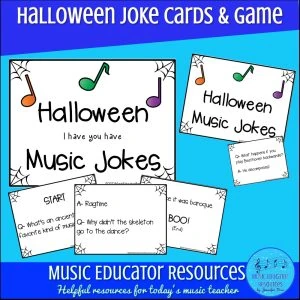
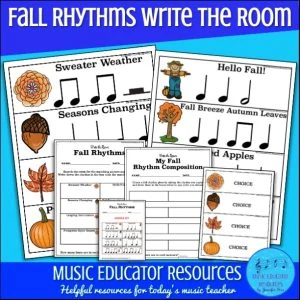
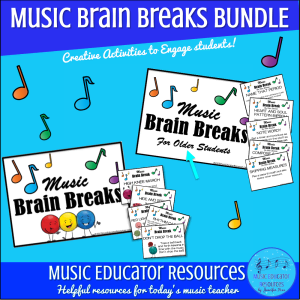
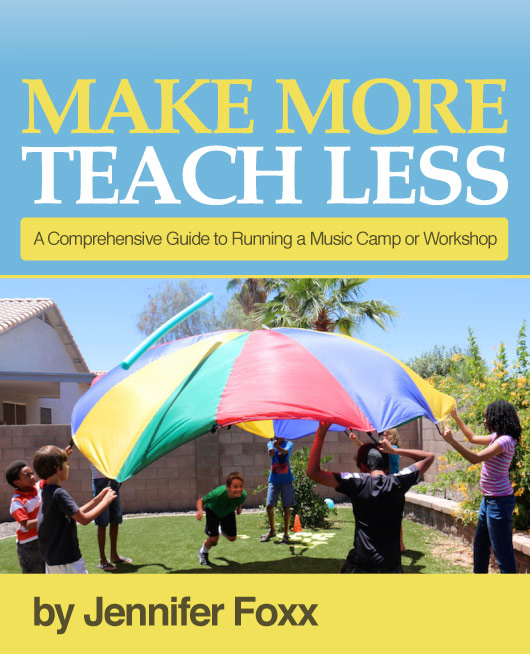

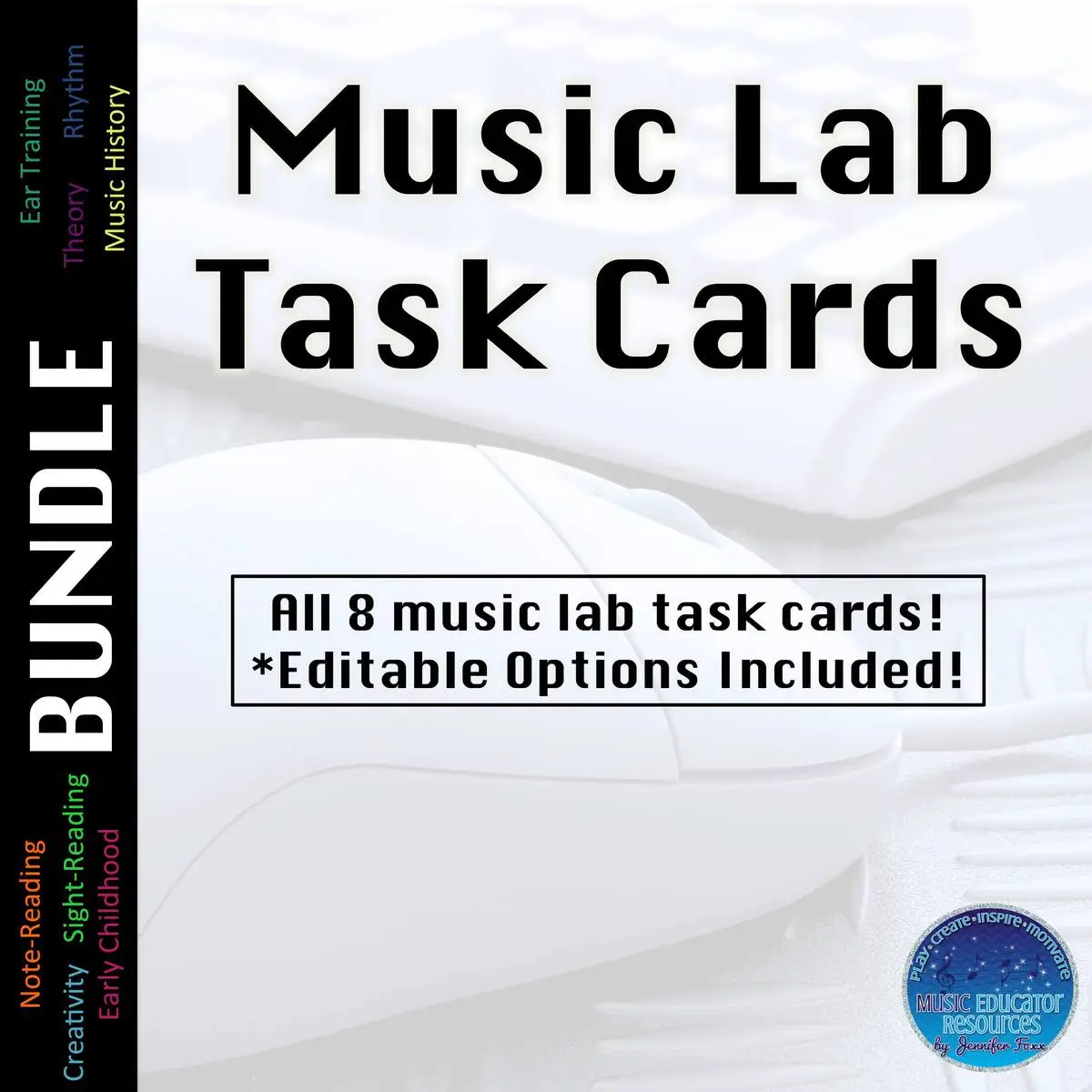
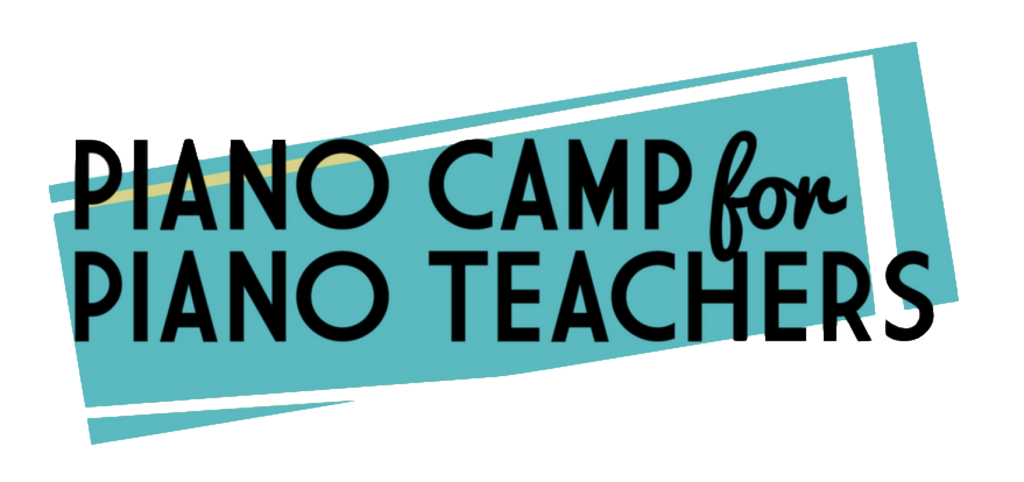
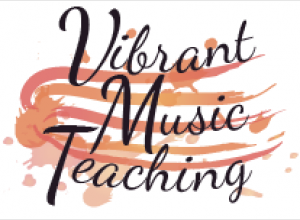
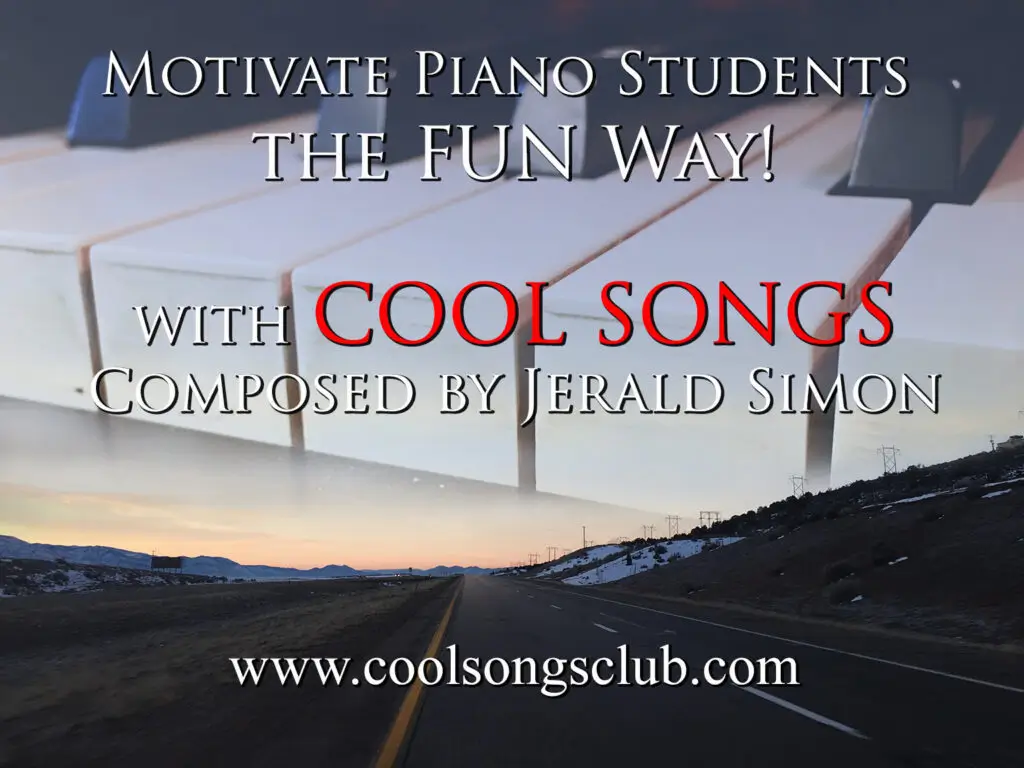
0 Comments